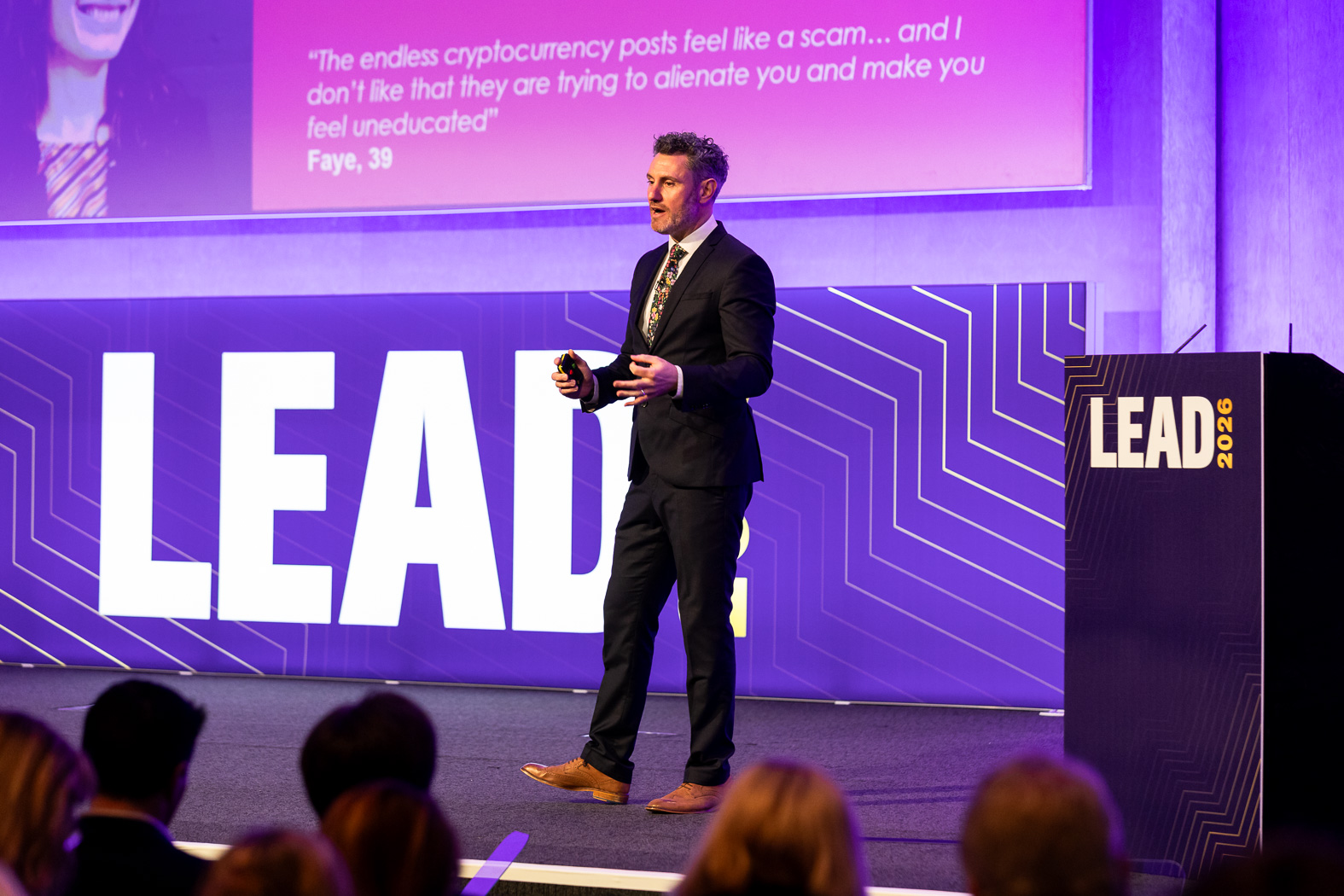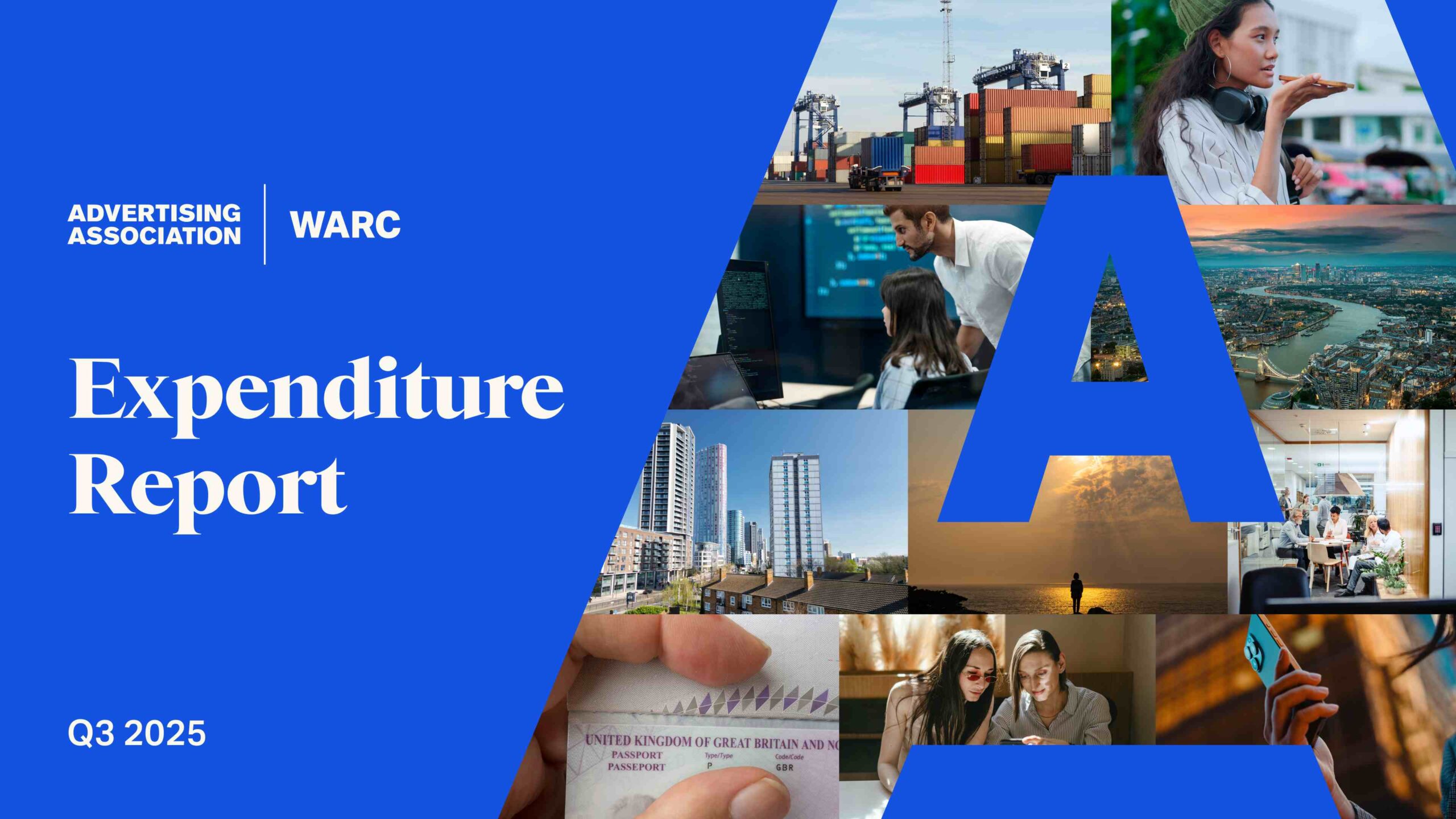Scam marketing is an uncomfortable truth of the advertising industry. While most of us don’t even consider it advertising, 19% of people make no distinction between legitimate brand advertising and those from nefarious sources[1].
Our most recent quarterly trust tracker suggests that purposely misleading or malicious adverts are a significant problem. And one which likely erodes trust in honest, legitimate advertising.
Credos asked the UK public whether they had been scammed or purposely misled by an advert in the past 12 months. The results are alarming: more than one in five (21%) said that they had been.[2]
Particularly surprising is the cohort falling victim to these scams. Though it is often the older generation who are thought of as the target of scams, our research suggests that today it is the young who are most likely to be purposely misled by an advert. 38% of 18-34-year-olds said they had been scammed, compared to just 12% of those over 55.[3]
Based on a relatively small sample (c.600 people) in just one quarter, these findings should be approached with caution, though they are indicative of the scale and nature of this issue.
As the question is repeated over multiple quarters, we will be able to say with more confidence exactly what is driving this difference. Though, for consumers, the distinction may be meaningless – a misleading advert is a misleading advert, regardless of intention – understanding how many of these ads are scams, and how many are unintentionally misleading adverts is particularly important.
Perhaps most interestingly, those who have been scammed or been purposely misled by advertising are more trusting of the industry than those who have not been scammed.
While this seems counter-intuitive – one would expect the victim of a scam to distrust the industry – there are explanations. Firstly, the generational divide in trust; young people are more likely to say they have been scammed or purposely misled, and they are also more trusting of advertising in general.
More powerfully, though, it may be that the more trusting in (and, by extension, less suspicious of) something someone is, the more vulnerable they are to being .
This is not an easy position for an advertising think tank to be in. Much of our research is focused on public trust in advertising. We want the public to trust the advertising industry; it is a sign that it is performing well, acting responsibly, and responding to people’s concerns. But this research suggests that trust does not come for free. It potentially puts people at a greater risk of being scammed or purposely misled by nefarious actors.
These findings are a reminder that unwavering trust of anything is perhaps unwise. Just like every industry that Credos track, including the medical profession, banking, and energy, circumspection towards individual actors should be encouraged.
Crucially, trust and caution can coexist. 73% of us trust the medical profession[4], and rightly so. But would you trust a man walking down Oxford Street with a stethoscope round his neck, offering free vaccines? Common sense would dictate a swift rejection of the man’s vaccine, without impacting your trust in your GP.
This principle must extend to advertising – consumers should be able to trust reputable brands and advertising media while maintaining caution around suspicious communication.
Whether we classify these scams as advertising or not, this remains a serious issue for the industry. As such, Credos will be tracking this question consistently going forward, to better understand the nature of scams affecting people.
References
[1] The Value of Trust Report, Advertising Association/Credos (2024)
[2] Advertising Association/Credos, Public Trust Tracker (Q4 2024)
[3] Ibid
[4] Advertising Association/Credos, Public Trust Tracker (Full-year 2024)




